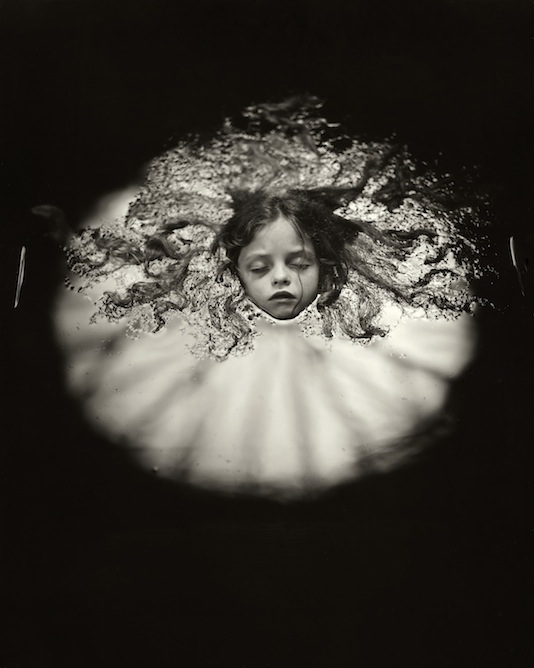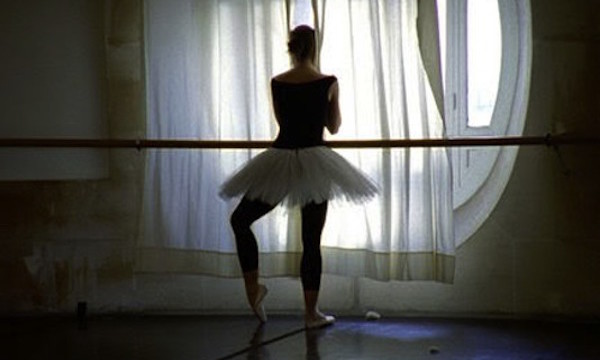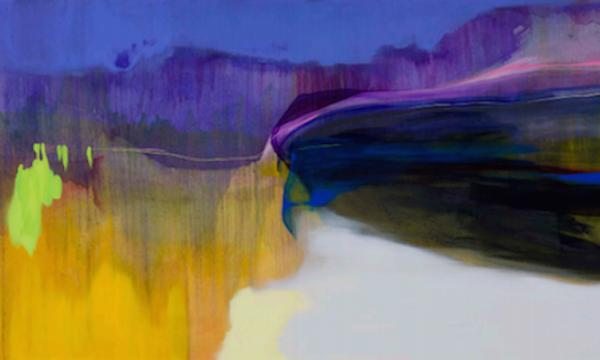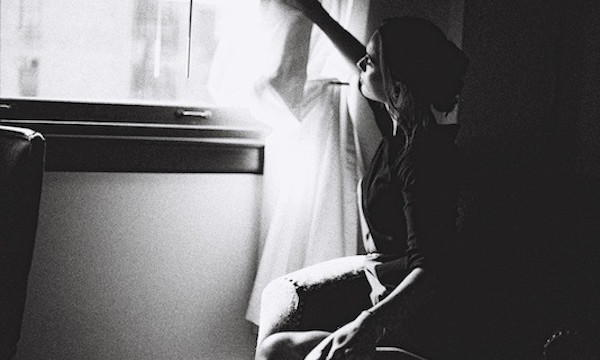Miyako’s Mood Board: Finding New Meaning in a Poem from Childhood
March 17, 2014

Every Monday, MM.LaFleur’s designer Miyako Nakamura reflects on what’s inspiring her this week.
* * *
When I was a little girl, I was afraid of the dark. The scale of the night felt extremely overwhelming, especially when I was in bed and feeling anxious about not being able to sleep. The worst was when I would hear my sisters, already asleep, making this peaceful zizz-ing sound. I felt like I was left all alone in this never-ending world of darkness. I hated bedtime because of the fear that I faced every single night.
But then I had a dramatic encounter with a beautiful poem called “Morning Relay.”
MORNING RELAY
By Shuntarō Tanikawa
While a young man in Kamchatka,
Dreams of a giraffe.
A young girl in Mexico,
Waits for the bus in the morning haze.
While a little girl in New York,
Rolls over in her bed with a smile,
A little boy in Rome,
Winks at the morning sun that colors the column capital.
On this Earth,
Always, somewhere, morning is starting.
We are relaying morning,
From longitude to longitude,
Taking turns protecting Earth, as it were.
Prick up your ears awhile before you go to sleep,
And, somewhere, far away, you’ll hear an alarm clock ringing.
It’s proof that someone has firmly caught
The morning you’ve passed on.
* * *
This is an English translation of the original Japanese poem. It was in my textbook from school, and it gave me a vision of peaceful, beautiful mornings all over the world.
This concept of relaying the morning—that there is always brightness somewhere—comforted me. Once I started imagining the girl in the morning haze or a boy looking at bright sunlight, I could relax and fall asleep—even though I was still in the darkness.

At Warm Springs by Sally Mann (Courtesyof Gagosian Gallery)
I always think of the poet, Shuntarō Tanikawa, as the creator of brightness in my mind. He always represented positivity to me. A few years ago, I came across a book of his called A Picture Book that contains his early work (in both English and Japanese) alongside photographs he took of human hands. It was originally self-published. When I read it, I was shocked by how edgy his writing was—how fragile, sensitive, and sensual his choice of words.
Then, I went back to read “Morning Relay” after more than 25 years since my first encounter with it. I realized that a work of art can change based on your perspective and individual experience. Now, I read so much more in this poem than I did as a child. No matter what you read in this poem, I hope you enjoy the beautiful vision of endless mornings.
– Miyako Nakamura







